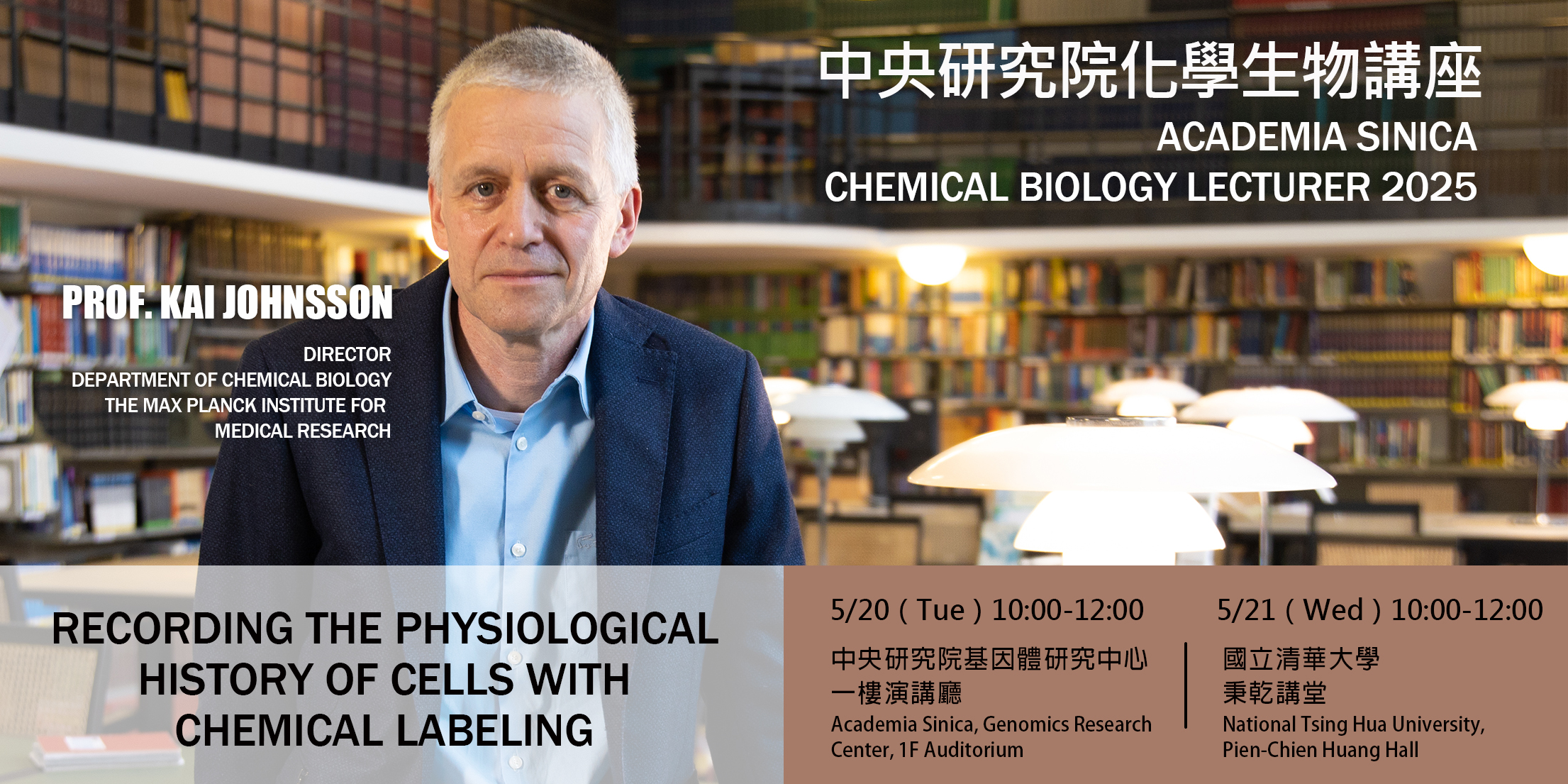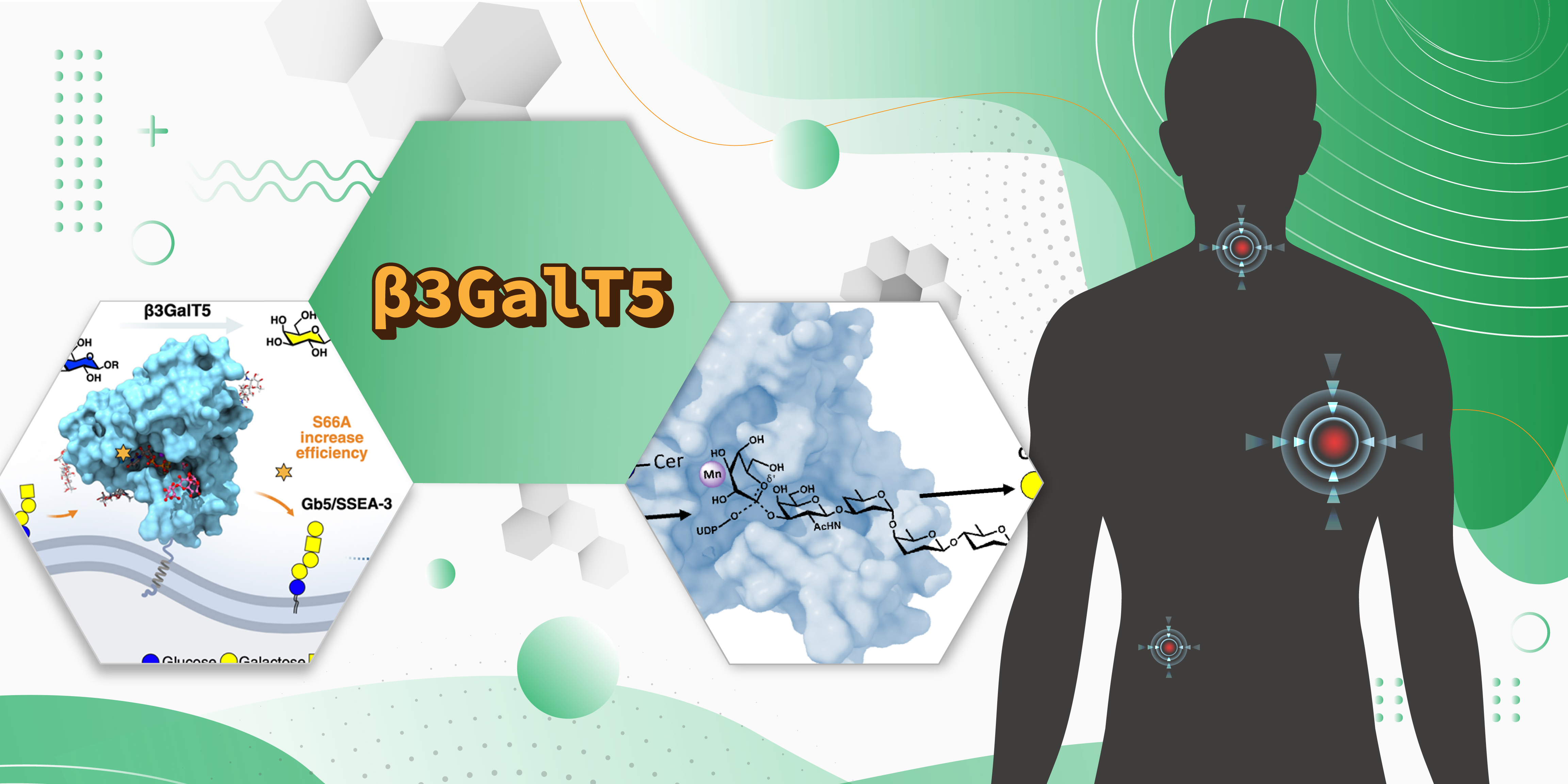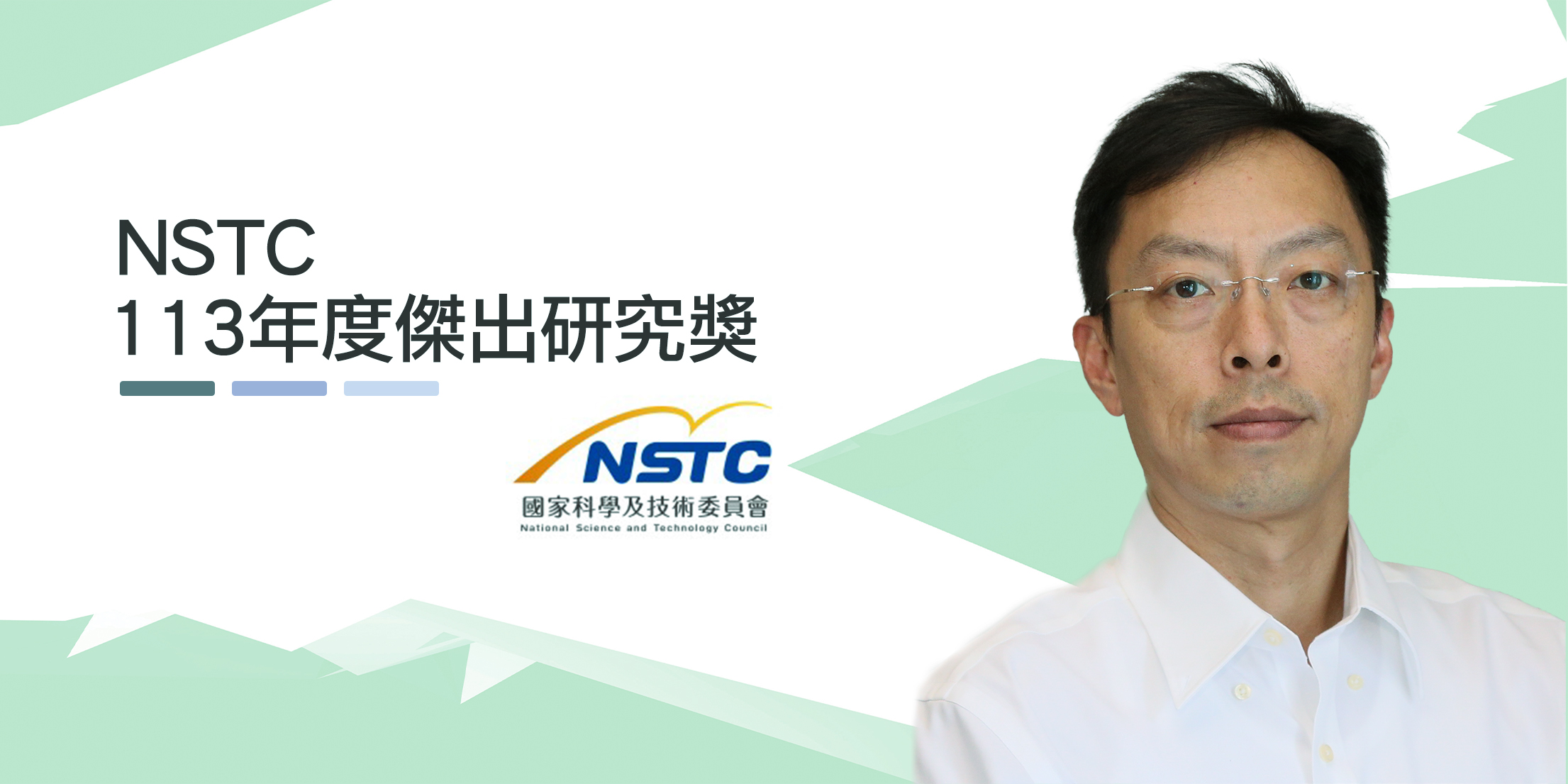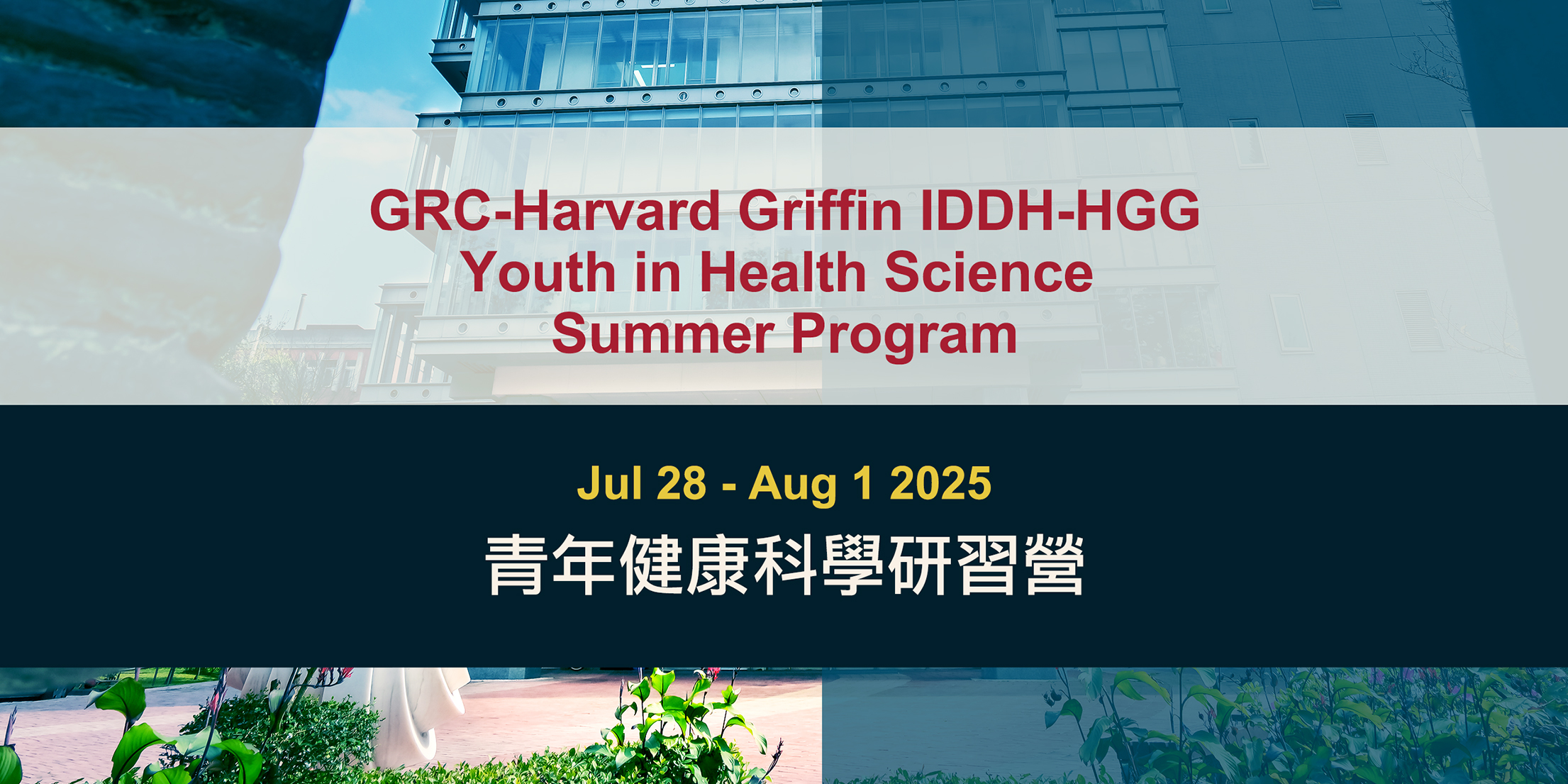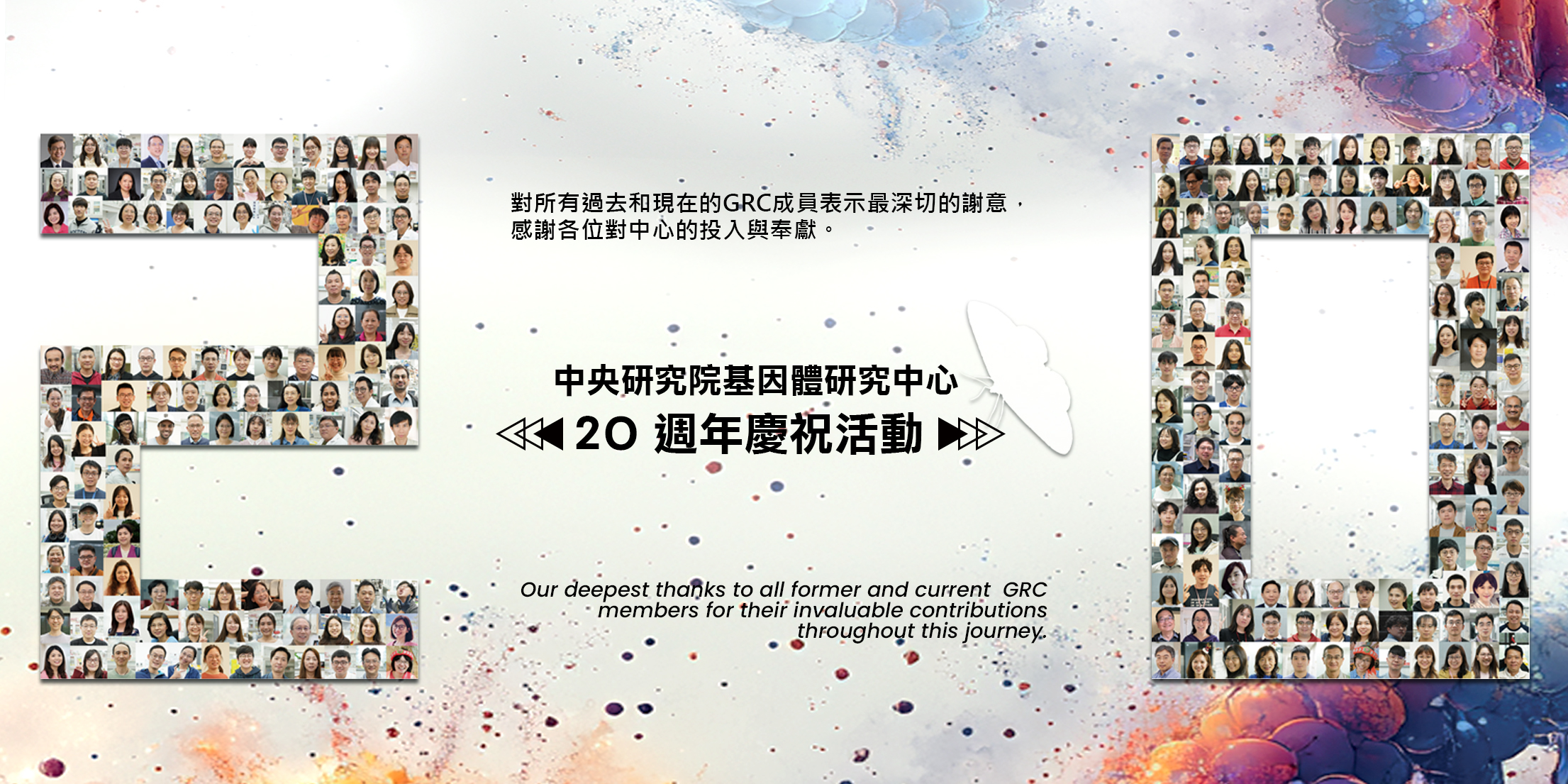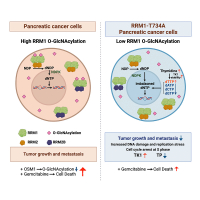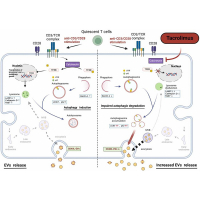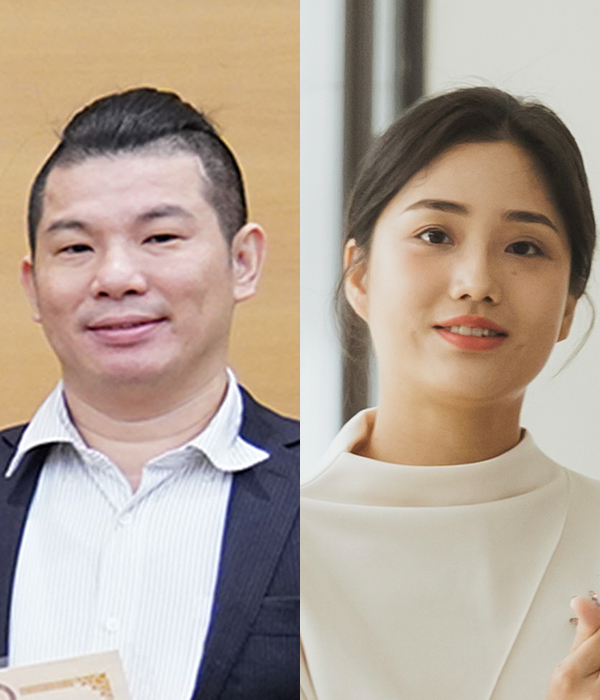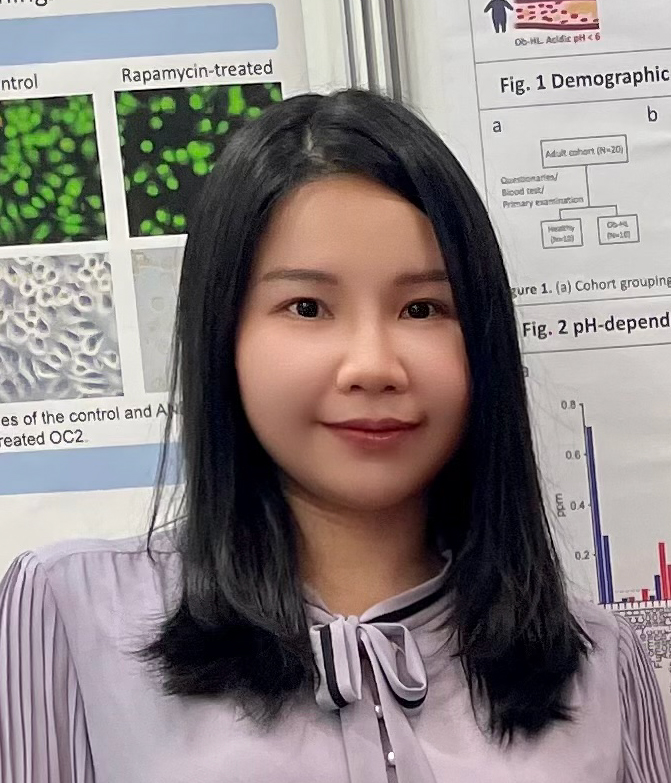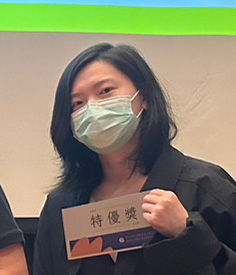Lab tel :+886-2-2789-8754
Service Fees

Instrument Operators

CyTOF 2 / Mass Flow Cytometry (Mass Cytometry)
 In recent years, single-cell analysis has applied conventional flow cytometry to detect the monoclonal antibodies conjugated with fluorescent tags binding antigen of cell surface. The disadvantage is the overlapping problem of fluorescence spectrum which limits the number of probe types in a single experiment. The advantages is a non-destructive detection, and cell selection and recovery can be done.
In recent years, single-cell analysis has applied conventional flow cytometry to detect the monoclonal antibodies conjugated with fluorescent tags binding antigen of cell surface. The disadvantage is the overlapping problem of fluorescence spectrum which limits the number of probe types in a single experiment. The advantages is a non-destructive detection, and cell selection and recovery can be done.
Inductively coupled plasma time of flight (ICP-TOF) mass spectrometer has been introduced to new mass flow cytometry. High-resolution analysis and metal elements usage are the advantages with the ability to resolve the isotope signals. The lanthanide metals chelating polymers bind with monoclonal antibodies or other specific probes. According to the mass analysis range and atomic weight of lanthanide metal elements, theoretically it can analyze 100 markers simultaneously. The organisms don’t exist lanthanides, so it do not interfere with the analysis. There is no overlapping problem of fluorescence spectrum. But the disadvantage is a destructive detection which can’t recover cells. Now 35 chelating agents are available in Fluidigam Company.
The GRC Mass Spectrometry facility provides various devices in nano to micro scale liquid chromatography-mass spectrometry for analysis of molecules and structures.
A hybrid linear ion trap quadrupole fourier-transform (LTQ-FT) mass spectrometer which combines fast mass analysis capability of linear ion trap with ultra high mass accuracy and ultra high mass resolution of 7.4 tesla FT mass spectrometer can provide sensitive proteomic analysis for complicated mixture with on-line nano scale liquid chromatography.
Beside conventional collision induced dissociation at LTQ, extra dissociation capabilities aiming for protein’s post-translation modifications (PTM) are realized by electron capture dissociation (ECD) and infrared multi-photon dissociation (IRMPD) at FT.
Linear ion trap quadrupole (LTQ XL) interfacing on-line LC, atmospheric matrix-assisted laser desorption/ionization (APMALDI) and micro scale chip-based nano electrospray ionization (Triversa Nanomate) can provide high order tandem mass analysis of phosphor and glyco proteomes with the aid of electron transfer dissociation (ETD).
Matrix assisted laser desorption/ionization time-of-flight (MALDI TOF) mass spectrometer (UltraFlex II) provides fast sequence determination of peptide and oligosaccharide.
The FTICR is robust for applications that require high resolving power and accurate mass measurement in proteomics, drug discovery, metabolomics, or organic chemistry. Its flexibility and wide mass range make it also ideal for the study of intact proteins or non-covalently bound complexes such as drug-protein, protein-protein, and protein-ligand interactions.

A GC-MS (Polaris Q) provides routine chemical identity verification with NIST chemical library for volatile chemicals.
Protocol Ref:
- FASP: https://link.springer.com/protocol/10.1007/978-1-4939-8695-8_1
- FANGS: https://pubs.acs.org/doi/10.1021/pr401043r
- Ingel digest: https://msf.ucsf.edu/protocols.html
Reservation system guide:
